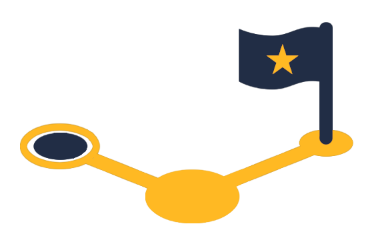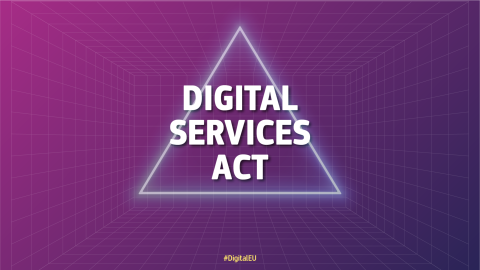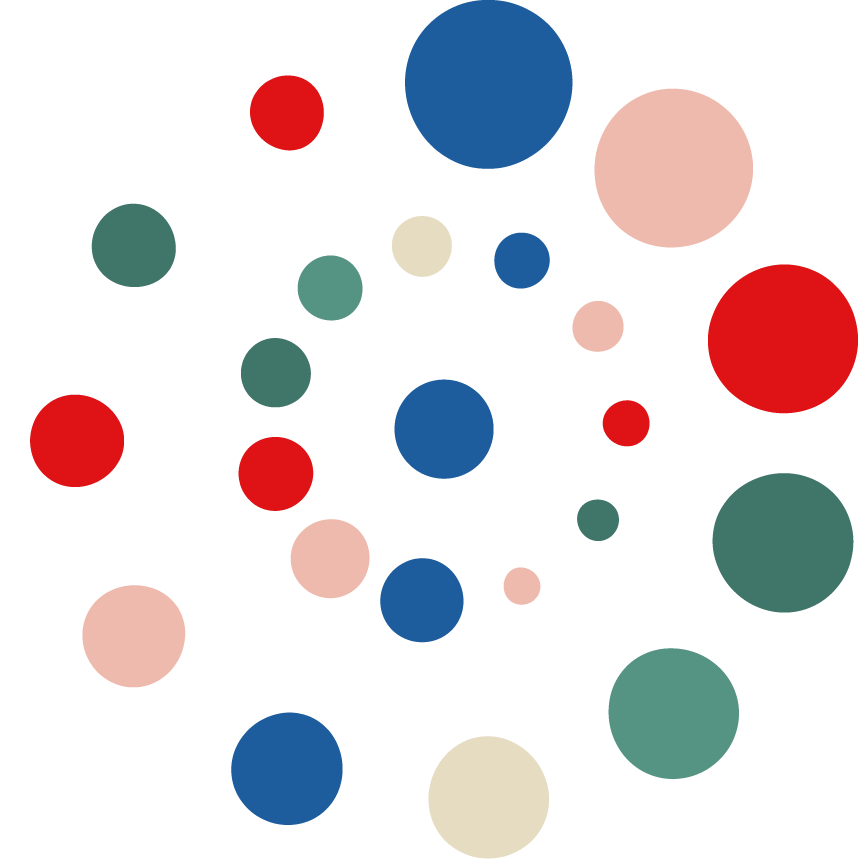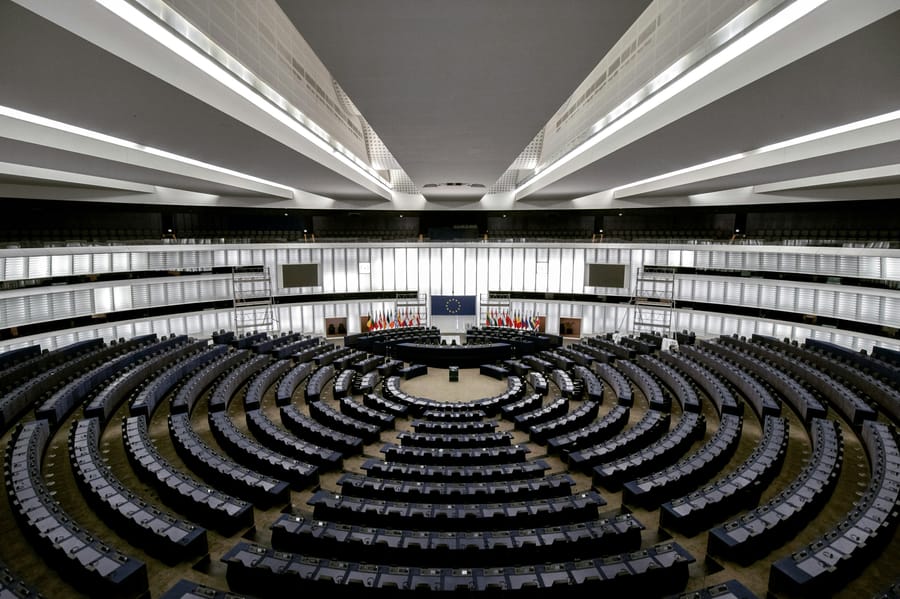The European Commission adopted a delegated act on April 15, 2025, regulating independent researchers' access to data from very large online platforms (VLOPs) and very large online search engines (VLOSEs) under the Digital Services Act (DSA). This legislation marks a milestone as it establishes, for the first time, a legal basis for systemic researcher data access for technology companies such as Google, Meta, TikTok, X, and Amazon. The legislation aims to enable scientific examination of platforms' societal impacts, including the functioning of algorithmic systems, the spread of illegal content, disinformation, and other systemic risks, whilst remaining compliant with General Data Protection Regulation (GDPR) requirements.
The delegated act provides access to three data categories: publicly available data (e.g., public posts, advertising repositories), non-publicly available aggregated data (e.g., content moderation statistics), and non-public, non-aggregated data, which may contain personal data but are accessible only with appropriate justification and under strict security protocols. According to Tech Policy Press analysis, the legislation obligates platform service providers to provide real-time data access to researchers through application programming interfaces (APIs), for periods of up to six months, extendable for an additional six months. This represents significant progress compared to previous practice, when researchers had to rely exclusively on platforms' voluntary cooperation or alternative data collection methods.
Researcher data access requests must be submitted through a new request system operated by the DSA Collaboratory, which plays a central role in managing the process. According to the official communication, in compliance with the regulation, obligated service providers must provide access within thirty days for simpler requests, and within a maximum of four months for cases requiring more complex technical solutions. The DSA Collaboratory consortium, comprising the University of Florence, Aarhus University, University of Amsterdam, and Scuola Normale Superiore of Pisa, is responsible for providing professional support to researchers, liaising with platforms, and developing technical standards. Thierry Breton, Commissioner for Internal Market, emphasised that this measure is crucial for increasing transparency in the European digital ecosystem and preserving democratic values in the online space, in line with the European Union's digital strategy.
Sources:
1.

2.

3.











